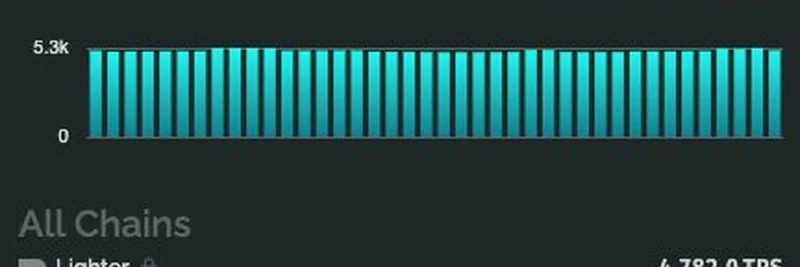Harvard Business Review recently dropped a thought-provoking tweet that's got the crypto community buzzing: "About 100 public companies now hold bitcoin, accounting for approximately 4% of its supply." They linked to their article titled "Does Bitcoin Belong on Your Balance Sheet?" published on September 5, 2025. As someone who's navigated the wild world of crypto from CoinDesk to now focusing on meme tokens at Meme Insider, I couldn't resist diving in. Let's break this down in simple terms and see what it means for meme token enthusiasts and blockchain builders.
First off, what's the big deal with companies holding Bitcoin? Think of a corporate balance sheet as a company's financial snapshot—assets, liabilities, and equity. Traditionally, treasurers park excess cash in safe spots like government bonds or cash equivalents to preserve value or earn a bit of yield. Bitcoin, however, is shaking things up. The article argues that Bitcoin isn't just "digital gold" but a dual beast: an asset for storing value and a network for moving money efficiently.
The stats are eye-opening. Around 100 publicly traded companies are now HODLing Bitcoin, controlling about 4% of its total supply. That's not pocket change—Bitcoin's market cap is hovering around $2.3 trillion, so we're talking serious institutional buy-in. For context, that's like corporations dipping their toes into a pool that's deeper than many traditional markets.
One reply to the tweet shared this handy "Bitcoin 100 List," highlighting how 19 companies beefed up their holdings just last week, pushing toward the 1 million BTC milestone for public firms. It's a visual reminder of the momentum building.
But should your company—or heck, even a meme token project—consider adding Bitcoin? The HBR piece lays out pros and cons clearly. On the upside, Bitcoin has crushed most assets over the past five years, only trailing mega-stocks like NVIDIA. It's got low long-term correlation with stocks and bonds, making it a solid diversifier. Imagine your portfolio not tanking every time the stock market sneezes.
The downsides? Volatility is Bitcoin's middle name. It dropped 78% in 2021-2022 and stayed underwater for over two years. Compare that to gold, which once fell 70% and took 30 years to recover. Bitcoin also didn't shine as an inflation hedge during recent spikes, behaving more like a high-risk tech play. Plus, there's the environmental rap (energy-intensive mining) and regulatory hurdles.
The article suggests treating Bitcoin like "money as software." Its network could evolve into a global payment rail, especially with Layer 2 scaling tech making transactions faster and cheaper. In places like Argentina or Nigeria, it's already a lifeline against hyperinflation. For companies, a small 1-3% allocation might make sense—enough to capture upside without risking the farm. New fair-value accounting rules mean price swings hit earnings directly, so don't go overboard.
This graphic from another reply nails it: "Cash is king... of killing savings." A tiny Bitcoin slice could hedge against inflation eating your reserves.
Now, let's tie this to meme tokens, our bread and butter here at Meme Insider. Meme coins like Dogecoin or newer pups thrive on community hype, viral moments, and blockchain innovation. Bitcoin's corporate adoption is a rising tide that lifts all crypto boats. When blue-chip companies stack sats, it normalizes digital assets, drawing more normies into the space. That could mean bigger liquidity pools, more devs building on chains like Solana or Ethereum, and yes, wilder pumps for memes.
For meme token creators, think treasury management. Projects often hold ETH or stablecoins, but what if you diversified with a bit of Bitcoin? It could act as a hedge against altcoin volatility. Plus, announcing a Bitcoin reserve might signal maturity, attracting serious investors beyond the degens.
Blockchain practitioners, take note: The HBR urges watching two "dials"—Bitcoin's share of store-of-value demand (vs. gold and bonds) and its network's payment volume growth. If both crank up, scale your exposure. The bull case? Bitcoin becomes the OS for money, with monopoly vibes. Bear case? A shinier tech overtakes it.
In the end, this tweet and article are a wake-up call. Crypto's not just for retail anymore; it's boardroom material. For meme insiders, it's a chance to level up—understand these trends, build smarter, and ride the wave. Check out the full HBR piece here and the original tweet here. What's your take—Bitcoin on balance sheets, yay or nay? Drop your thoughts in the comments!

